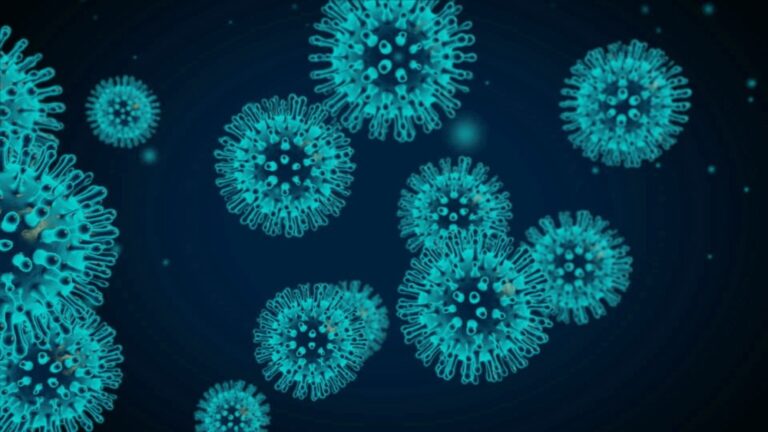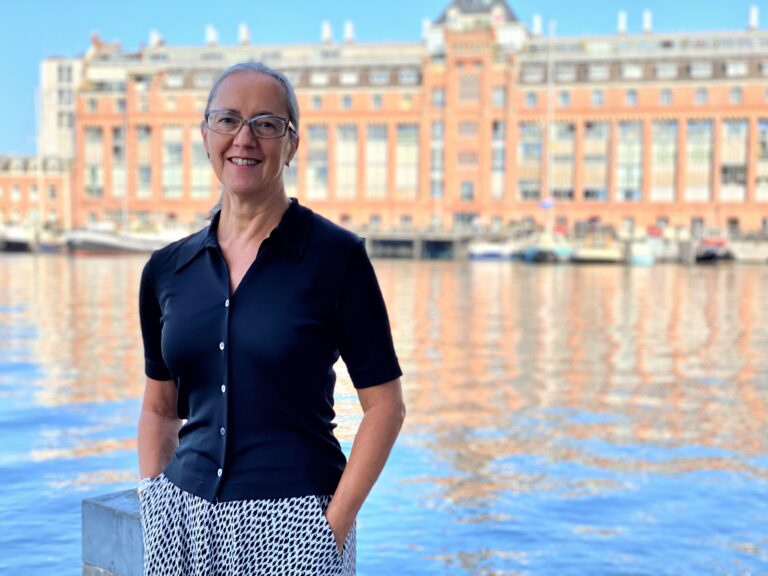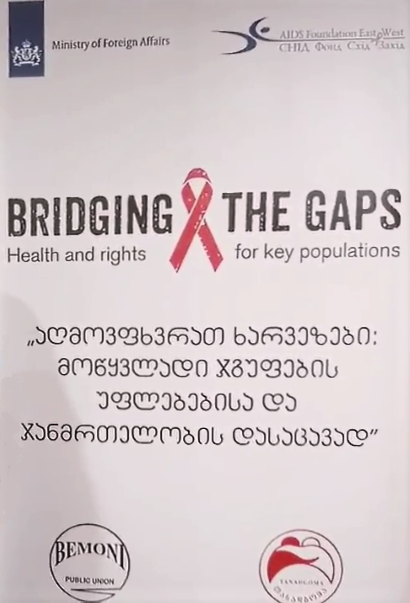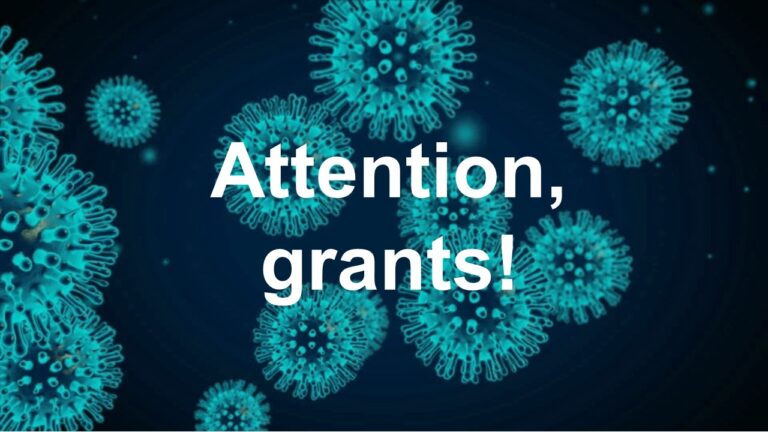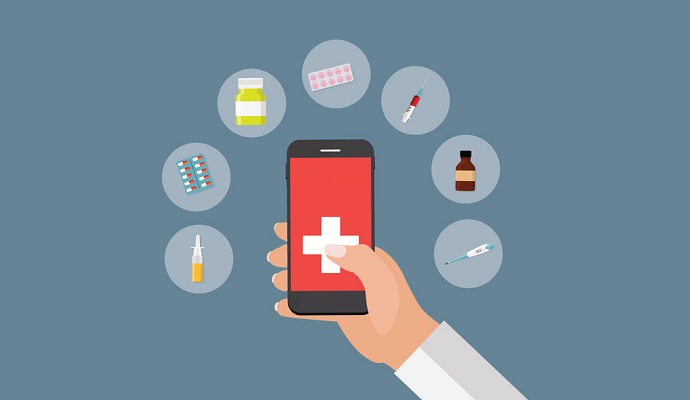
The RADIAN Model Cities programme for russian regions
The Elton John AIDS Foundation is inviting concept notes for grant funding through the RADIAN Model Cities programme to support projects that deliver measurable impact in the response to HIV in eligible Russian regions. Model Cities will be examples for other cities and regions in EECA seeking to end their own HIV epidemics.

